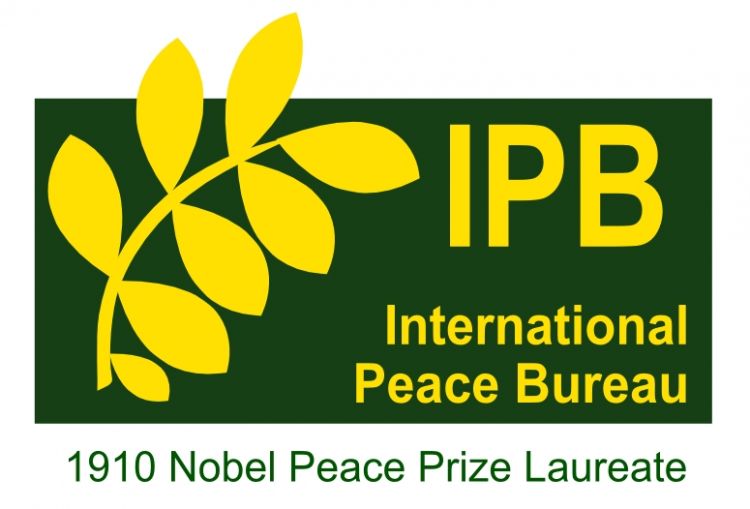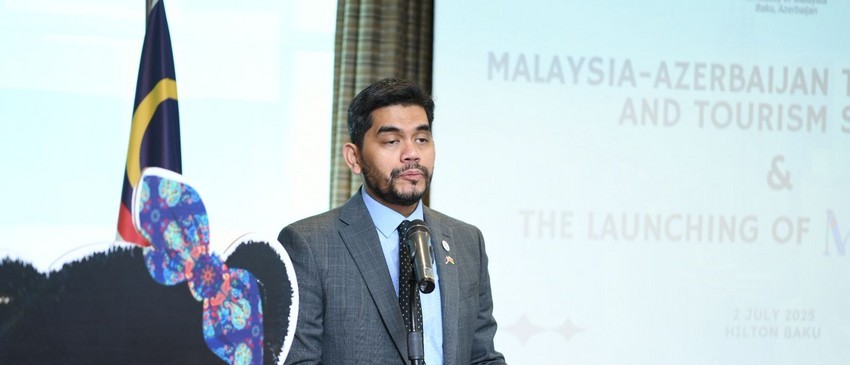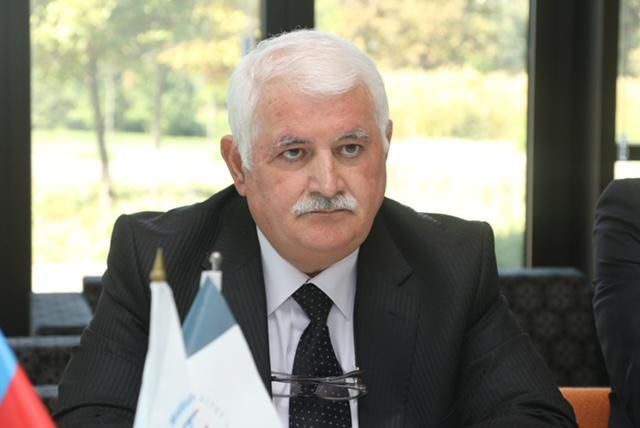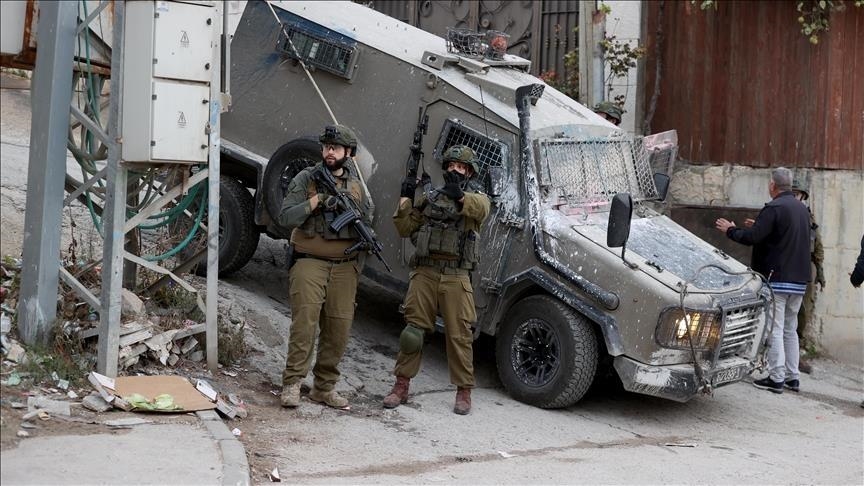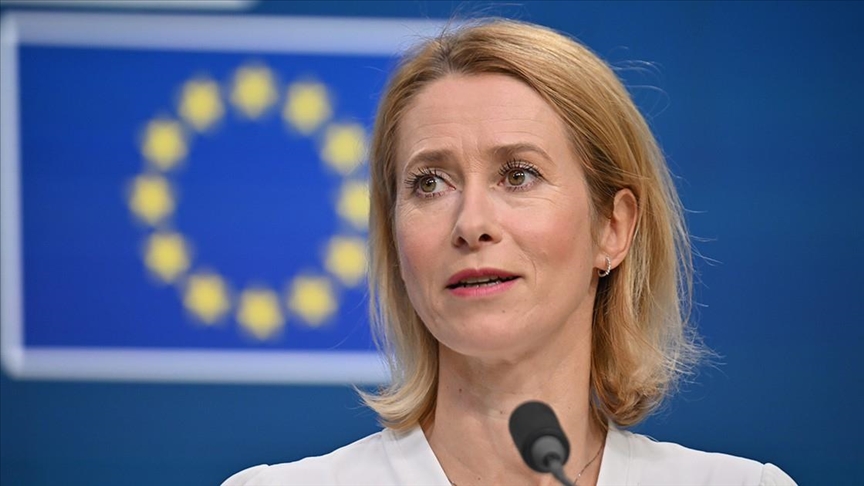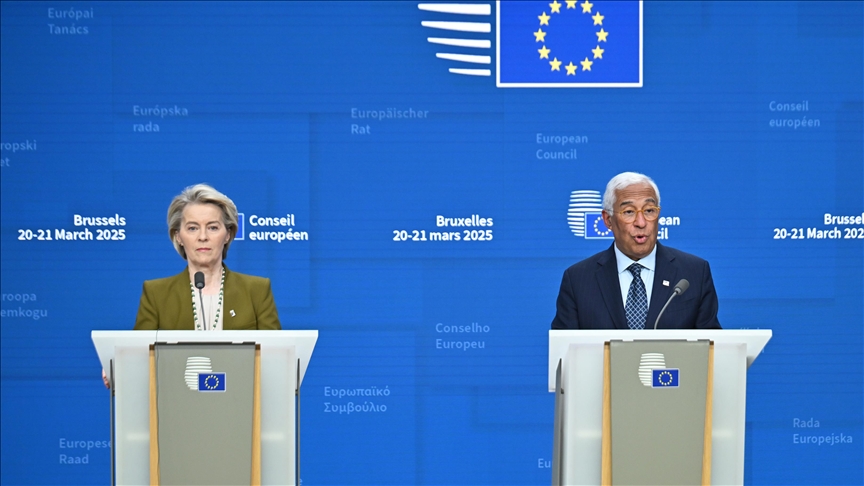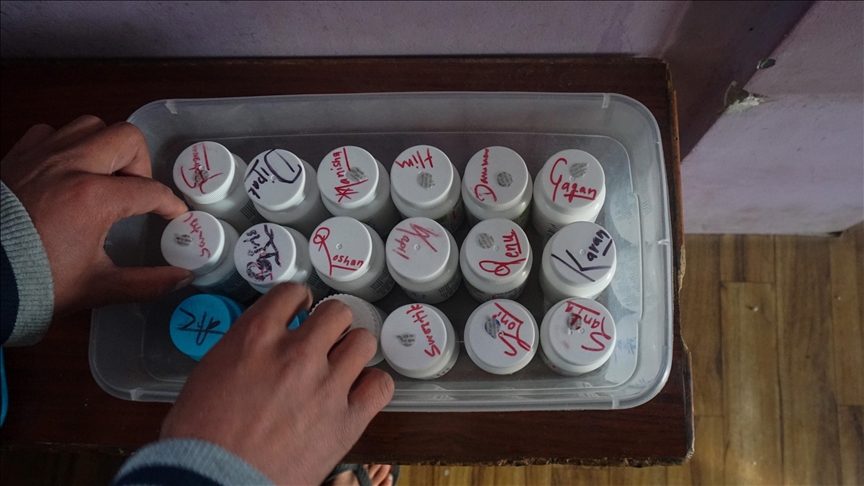On August 6, 1945, during World War II (1939-45), an American B-29 bomber dropped the world’s first deployed atomic bomb over the Japanese city of Hiroshima. The explosion wiped out 90 percent of the city and immediately killed 80,000 people; tens of thousands more would later die of radiation exposure. Three days later, a second B-29 dropped another A-bomb on Nagasaki, killing an estimated 40,000 people." International Peace Bureau made a statement related to the 72nd anniversary of the bombing of Hiroshima and Nagasaki.
"Statement of support
Seventy two years ago the United States dropped two atomic bombs in Hiroshima and Nagasaki. The humanitarian and environmental consequences were catastrophic. Since then the peace movement fights against nuclear weapons and just recently, on July 7th it got a strong reason to celebrate - the Nuclear Weapons Ban Treaty was adopted at the UN in New York.
The vast majority of the non-nuclear weapons countries, which took action against the will of the nuclear weapons countries and their allies, negotiated the Ban Treaty. This whole process represents a transformational moment for two reasons. Firstly, it takes place at the UN against the will of the permanent members of the Security Council, and secondly, it showed an impressive and (until now) unique cooperation of representatives of governments and of civil
societies.
This is, however, only one step towards the abolition of nuclear weapons and there is still a long way to go.
IPB supports any actions, which take place to commemorate the disastrous bombing in Hiroshima and Nagasaki. We have to remember what happened and be aware of the consequences. At this point we would like to express our deepest gratitude to the Hibakusha for their struggle over decades. Their tireless efforts were one of the reasons why the Ban Treaty was adopted. And we all have to continue. This is the reason why IPB suggests to as many organizations as possible the choice of awarding the Hibakushas and ICAN with the Nobel Peace Prize in the upcoming elections.
Let´s join our forces and convince as many states as possible to sign and ratify the ban treaty. Let’s engage in new international processes, work with the international peace movement, include other sectors into the movement (e.g. trade unions, churches, the environment, gender…) and aim to create a nuclear weapons’ convention for the abolition of nuclear weapons."
Amela Skiljan, Coordinator
Reiner Braun, Co-President

